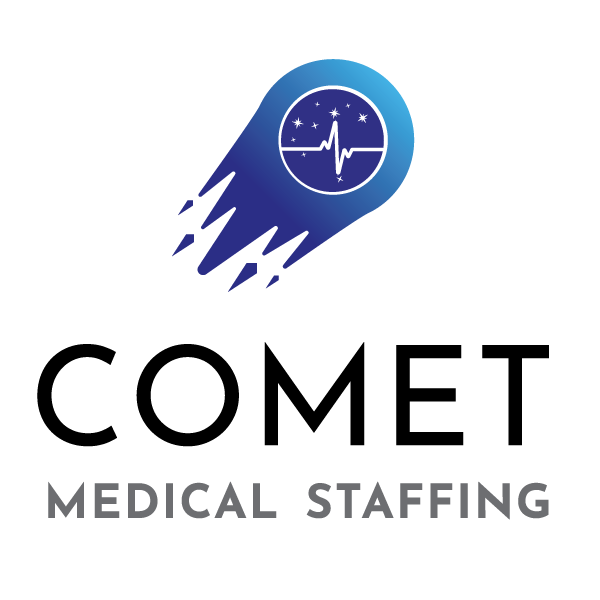Navigating the Night Shift: Tips for Healthcare Professionals
Working the night shift can be challenging for healthcare professionals, but with the right strategies, it is possible to manage sleep, maintain a healthy work-life balance, and stay alert during those late hours. Here are some tips to help you navigate the night shift effectively.

Managing Sleep
- Create a Sleep-Conducive Environment: Ensure your bedroom is dark, quiet, and cool. Use blackout curtains, earplugs, and a white noise machine if necessary to block out daytime disturbances.
- Stick to a Sleep Schedule: Try to go to bed and wake up at the same times every day, even on your days off. Consistency helps regulate your body’s internal clock.
- Limit Caffeine Intake: Avoid consuming caffeine a few hours before your intended sleep time. While it can help you stay alert during your shift, it can also interfere with your ability to fall asleep later.
- Take Short Naps: If possible, take a short nap before your shift starts. A 20-30 minute nap can help reduce sleepiness and improve alertness.
Maintaining a Healthy Work-Life Balance
- Prioritize Self-Care: Make time for activities that help you relax and recharge, such as exercise, hobbies, or spending time with loved ones. Self-care is essential for maintaining mental and physical health.
- Plan Your Meals: Eating nutritious meals at regular intervals can help maintain your energy levels. Prepare healthy snacks and meals in advance to avoid relying on vending machines or fast food.
- Stay Connected: Keep in touch with family and friends, even if your schedules don’t always align. Social support is crucial for emotional well-being.
- Set Boundaries: Communicate your work schedule to those around you and set boundaries to ensure you have time to rest and recuperate.
Staying Alert During Night Shifts
- Stay Active: Take short breaks to stretch or walk around. Physical activity can help increase alertness and reduce fatigue.
- Stay Hydrated: Drink plenty of water throughout your shift. Dehydration can lead to fatigue and decreased concentration.
- Engage in Stimulating Activities: Keep your mind active by engaging in tasks that require concentration and focus. Avoid monotonous activities that can make you feel drowsy.
- Use Bright Light: Exposure to bright light during your shift can help regulate your circadian rhythm and improve alertness. Consider using a light therapy box if your work environment is dimly lit.
Comet Recruiting & Career Placements
At Comet Recruiting & Career Placements, we understand the unique challenges that healthcare professionals face, especially those working night shifts. Our goal is to support you in finding the right opportunities that align with your career goals and personal needs. We offer resources and guidance to help you navigate the demands of your profession while maintaining a healthy work-life balance.
Whether you’re looking for a new position or seeking advice on managing your current role, Comet Recruiting & Career Placements is here to assist you. Our team is dedicated to helping you succeed and thrive in your healthcare career.
By implementing these strategies, healthcare professionals can better manage the demands of night shifts, ensuring they remain healthy, alert, and balanced. Remember, taking care of yourself is just as important as taking care of your patients.
